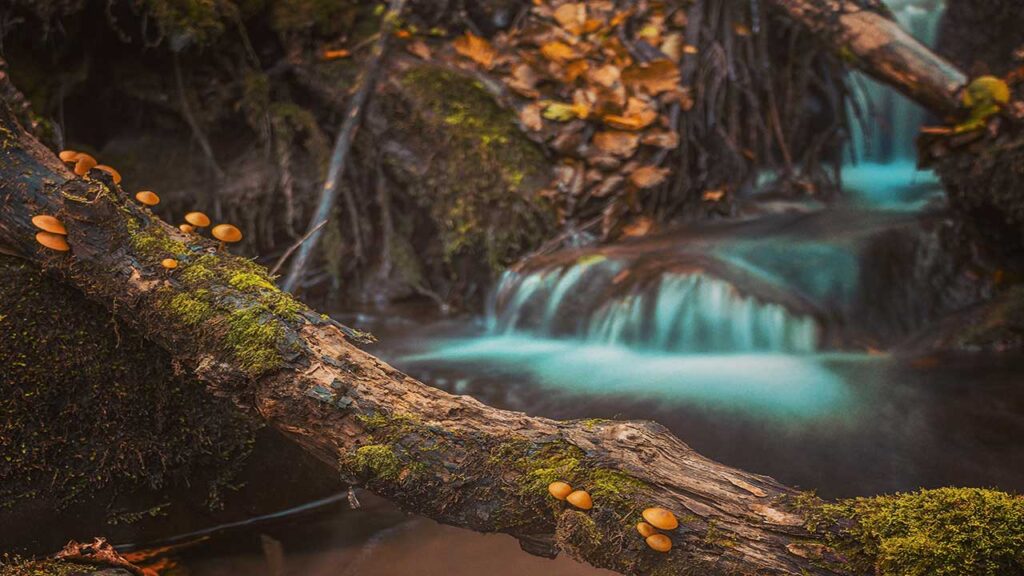
10 tips on how to heal your depression with magic mushroom.
1. What are mushrooms and what does that have to do with depression?
2. The best magic mushrooms for treating depression
3. How to use mushrooms for depression?
4. How to harvest and identify mushrooms for depression?
5. The benefits of magic mushrooms.
6. The different types of mushrooms that can help with depression
7. How to take magic mushrooms for depression?
8. What to do if you don’t feel relief after using mushrooms for depression?
9. How to prevent side effects when using magic mushrooms for depression?
Takeaway
Depression is a serious mental illness that can affect anyone at any time. If you’re feeling down and out, there is help available. This guide will teach you how to use mushrooms to heal your depression. Mushrooms have been used for centuries to treat a wide variety of ailments, including depression. They are powerful medicines that can help you restore balance and heal your mind and body.
In this post, you will learn about the different types of mushrooms that are best for depression, how to identify them, and how to prepare and use them. You will also learn about the benefits of using mushrooms to treat depression, as well as some warnings to be aware of. By following these steps, you can help heal your depression and improve your life.
1. What are magic mushrooms and what does that have to do with depression?
Mushrooms are an amazing natural antidepressant. They have been used for centuries to help heal a variety of conditions, including depression. In fact, many people believe that mushrooms are one of the most powerful natural antidepressants available.
There are a variety of mushrooms that can be used to treat depression. Some of the most popular are:
-Psilocybe Cubensis
-Psilocybe Semilanceata
-Panaeolus Subaeruginosus
-Ganoderma Lucidum
-Hericium Erinaceus
-Lentinula edodes
Each mushroom has its own unique properties and effects that can be helpful in treating depression. It is important to consult with a doctor or herbalist before using any mushrooms to treat depression, as each person’s body is different and some may react differently to specific mushrooms.
2. The best magic mushrooms for treating depression
Depression is a debilitating condition that can rob you of your appetite, sleep, energy, and can even lead to suicidal thoughts. Thankfully, there are many natural remedies that can help treat depression, including magic mushrooms.
As we mentioned above there are many types of magic mushrooms that have been used for medicinal purposes for centuries. Some of the most well-known mushrooms for treating depression are the magical psilocybin mushrooms. These mushrooms contain the psychedelic compound psilocybin, which has been shown to be a powerful antidepressant.
Some other types of magic mushrooms that are also effective in treating depression are the ergothionein mushrooms. These mushrooms contain a compound called ergothionein, which has been shown to be an anti-inflammatory and anti-anxiety agent.
The best way to find out if magic mushrooms are right for you is to talk to a doctor or therapist about your specific situation. However, if you’re interested in using magic mushrooms to treat your depression, then it’s important to start by talking to your doctor about it.
3. How to use mushrooms for depression?
Depression is a very common mental illness and affects more than 20 million people in the United States. It’s a serious medical condition that can significantly reduce the quality of life for people who suffer from it.
Mushrooms are a natural source of healing that has been used for centuries to treat a variety of medical conditions.
There are a variety of mushrooms that can be used to treat depression, but we’re going to focus on two of the most popular: wild mushrooms and cultivated mushrooms.
Wild mushrooms are found in nature and are usually more potent than cultivated mushrooms. They’re also less processed, making them more potent and also more nutritious.
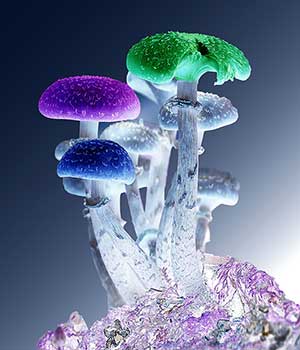
4. How to harvest and identify mushrooms for depression?
There are many different mushrooms that can be used to treat depression, and the best way to determine which mushrooms are the most effective for you is to consult with a qualified mycologist.
First and foremost, it is important to understand that not all mushrooms are effective for treating depression, and it is important to choose mushrooms that are specifically designated for this purpose.
Some of the most common mushrooms used for depression are those that contain the neurotransmitter serotonin. These include:
-Ergot fungus
-Agaricus bisporus
-Agaricus campestris
Other mushrooms that can be helpful for depression include:
-Psilocybe cubensis
-Psilocybe subcubensis
-Coprinus comatus
It is also important to be mindful of your dosage when taking mushrooms for depression. Too much of a good thing can be bad, and over-consumption of mushrooms can lead to adverse effects.
5. The benefits of magic mushrooms.
Mushrooms are a powerful tool for healing depression. They have been used for centuries as a natural treatment for a variety of mental health issues. Here are ten ways to use mushrooms to improve your depression:
1. Eat mushrooms as part of a balanced diet.
Mushrooms are a good source of vitamins, minerals, and antioxidants. They can help to improve your mood and prevent depression.
2. Use mushrooms to improve sleep.
3. Use mushrooms to boost your immune system.
4. Use mushrooms to improve your cognitive function.
5. Use mushrooms to reduce anxiety.
6. Use mushrooms to reduce stress.
7. Use mushrooms to reduce depression.
8. Use mushrooms to reduce anxiety and depression.
9. Use mushrooms to reduce stress and anxiety.
10. Use mushrooms to reduce depression and anxiety.
6. The different types of mushrooms that can help with depression
There are many mushrooms that have been shown to be effective in treating depression, but which ones should you try?
As with anything else, there are pros and cons to using mushrooms to treat depression. Here are the different types of mushrooms and what they can do for you:
1. Shiitake mushrooms
These mushrooms contain an enzyme called polysaccharide lyase that has been shown to be effective in breaking down complex carbohydrates which can help to improve mood and cognitive function. Shiitake mushrooms are also a good source of B vitamins and selenium, which is important for preventing anxiety and depression.
2. Lion's Mane mushrooms
These mushrooms have been shown to help improve mood and cognitive function. Lion’s Mane mushrooms are also a good source of antioxidants and polysaccharides, which are similar to those found in Shiitake mushrooms.
3. Oyster mushrooms
These mushrooms contain the compound ergotamine, which has been shown to be effective in treating depression. Oyster mushrooms are also a good source of copper and zinc, which are important for preventing depression and anxiety.
4. Cordyceps mushrooms
These mushrooms have been shown to improve mood and cognitive function and are also a good source of choline, which is important for preventing depression. Cordyceps mushrooms are also a good source of antioxidants and polysaccharides.
5. Reishi mushrooms
Reishi mushrooms are a type of mushroom that has been shown to be effective in treating depression. Reishi mushrooms are also a good source of vitamin B12, which is important for preventing depression.
6. Psilocybe cubensis mushrooms
Psilocybe cubensis mushrooms are a type of mushroom that has been shown to be effective in treating depression. Psilocybe cubensis mushrooms are also a good source of tryptophan, which is important for nerve health and mood regulation.
7. Gymnopilus purpuratus mushrooms
Gymnopilus purpuratus mushrooms are a type of mushroom that has been shown to be effective in treating depression. Gymnopilus purpuratus mushrooms are also a good source of quinine, which is important for preventing malaria.
8. Grifola frondosa mushrooms
Grifola frondosa mushrooms are a type of mushroom that has been shown to be effective in treating depression.
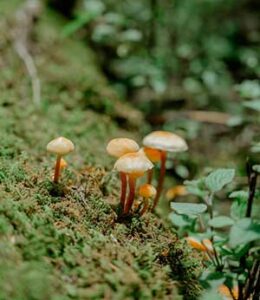
7. How to take magic mushrooms for depression?
There are many benefits to taking mushrooms for depression, but the most important thing is to be safe. Carefully read the following guidelines before taking any wild or cultivated mushrooms, as improper use can lead to unwanted side effects.
If you’re feeling depressed and want to try magic mushrooms as an intervention, you should do so under the guidance of a qualified therapist. Taking mushrooms while you’re depressed can help you unlock some of the deeper psychological issues that may be contributing to your depression.
When you’re taking magic mushrooms, it’s important to be patient. You may feel a wide range of emotions while under the influence of mushrooms, and it may take some time for the full effects to be felt. It’s also important to be aware that there is no set time frame for how long the effects will last.
8. What to do if you don’t feel relief after using mushrooms for depression?
If you don’t feel relief after using mushrooms for depression, don’t worry! This isn’t a common occurrence, but it does happen. There are a few possibilities.
The first possibility is that you may not have taken enough mushrooms. Generally, you’ll want to take around three to four grams of dried mushrooms. For some people, this may be too much. If you don’t feel relief after taking this amount, you may want to try taking half as much or even a quarter of the amount.
Another possibility is that the mushrooms you took didn’t work for you. If you’ve tried various strains and dosages of mushrooms for depression, but still don’t feel relief, it may be worth trying a different type of mushroom or a different strain of mushroom.
If you still don’t feel relief after using mushrooms for depression, it may be worth talking to a doctor. There are a variety of other medications that may be helpful for treating depression, and it might be worth trying one of these before trying mushrooms again.
9. How to prevent side effects when using magic mushrooms for depression?
Magic mushrooms for depression can be a very effective treatment. There are, however, a few things you can do to prevent any side effects.
The most common side effects of magic mushrooms for depression are increased feelings of happiness, euphoria, and well-being. These effects can be very beneficial and can help you overcome your depression.
However, they can also be powerful and can cause you to act impulsively or even euphorically out of character.
It is important to be aware of these side effects and to be able to manage them. Here are a few tips to help you do that:
-Start with a low dose and increase gradually as needed.
-Avoid using magic mushrooms if you are pregnant or breastfeeding.
-Be aware of your surroundings and don’t drive or operate heavy machinery while you are using magic mushrooms.
-If you experience any side effects that concern you, stop using magic mushrooms and contact your doctor.
Takeaway
1/ Depression is a condition that affects millions of people across the world. It may be caused by a variety of factors, including genetic predisposition, traumatic life events, and poor lifestyle choices. It is possible to heal your depression by using magic mushrooms.
Here are 10 tips on how to do so:
- Set a time and place for taking your mushrooms.
- Take the mushrooms two to four hours before you plan to eat.
- Eat a small meal before taking your mushrooms.
- Take the mushrooms with a glass of water.
- Take the mushrooms with care and be safe.
- Stay hydrated.
- Use a journal to document your experience.
- Take care of yourself and your family.
- Spend time with your loved ones.
- Take time for yourself.
2/ There are many types of magic mushrooms with different effects. However, all types of magic mushrooms are known to have the same effects. The effects include a feeling of being in a dreamlike state and a sense of inner peace and well-being. Other effects are a sense of connection to the universe, increased creativity and mental clarity, and a higher sense of self-esteem and self-awareness. These effects are usually experienced as a result of the psilocybin molecule in the mushroom. It is also believed that the psilocybin molecule can help to reduce the effects of depression.
We hope you enjoyed our blog post about how to heal your depression with wild or cultivated mushrooms. Depression is a serious issue that affects many people, and it can be difficult to get through. With the help of mushrooms, you may be able to heal your depression and get your life back on track. We hope that you find this information helpful, and that you will use it to get your life back on track. Thanks for reading!

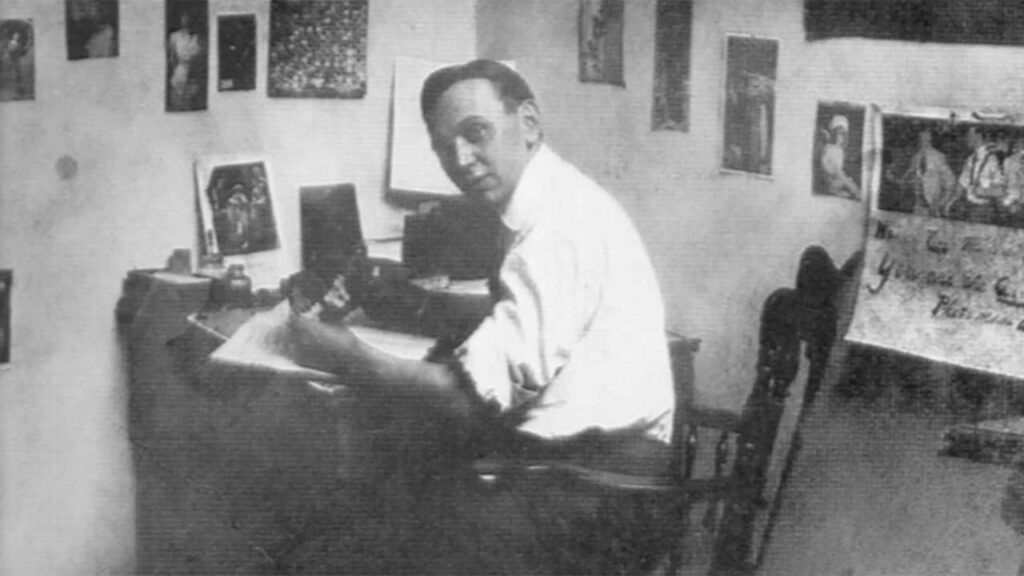
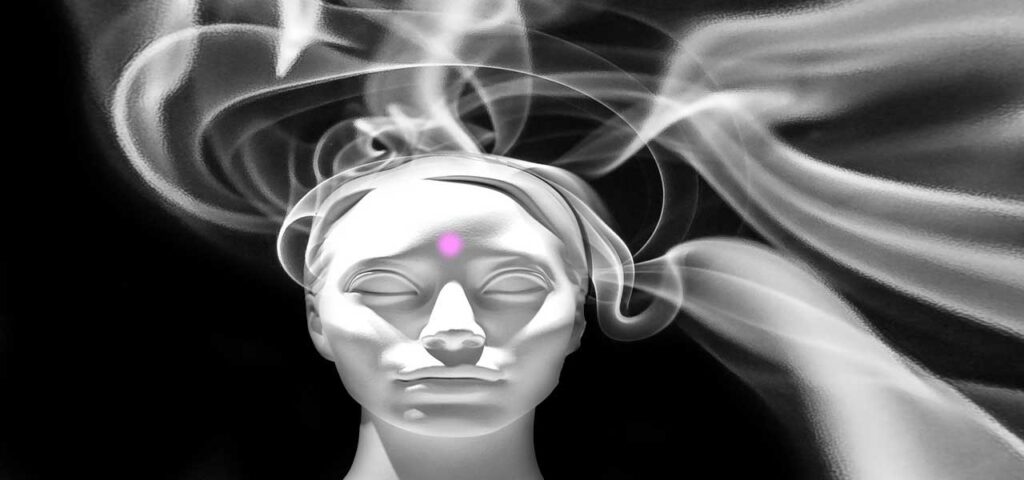
Hey! I could have sworn I’ve been to this site before but after browsing through some of the post I realized it’s new to me. Anyhow, I’m definitely delighted I found it and I’ll be book-marking and checking back often!
http://www.graliontorile.com/